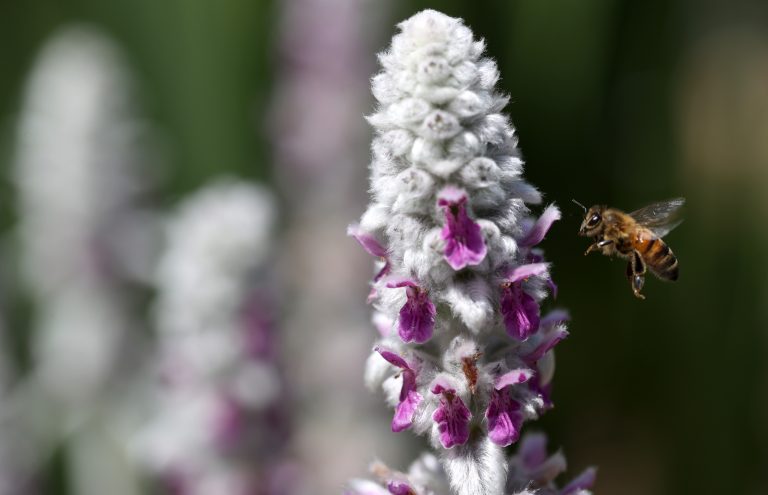A Niagara-based beekeeper, Greg Scott, is warning that due to collapsing bee colonies, losses in the honey and bee industry this year in Canada could surpass a billion dollars.
In 2020, the honey and bee industry contributed between $4 and $5.5 billion to Canada’s GDP.
Scott, president of Niagara Beeway, told the Canadian Broadcasting Corporation (CBC), “This is the worst that we have seen and I’ve been doing this for 50 years,” adding that, “In Niagara, we’ve lost thousands of colonies. Most of our operations here are so severely impaired that we are not going to provide pollination services this year.”
“We believe, and we can document the loss in Canada of farmegate revenue of over $1 billion. So, that’s farmers who are not going to have that revenue because pollination is not going to happen,” he said.
According to the Ontario Beekeepers’ Association, beekeepers across the province are reporting losses of up to 90 percent in their colonies.
Success
You are now signed up for our newsletter
Success
Check your email to complete sign up
Eduard Unger, another beekeeper operating out of the Niagara Region told the CBC that after spending a lifetime as a bee farmer the die-off experienced this year is “unprecedented.”
“It’s very, very difficult for me … I live off my bee farm and it’s 90 percent lost and it’s tremendous.”
For Unger, rebuilding his bee colonies may not be an option since expenses are skyrocketing and he has no income.
“We’ve never had such a big die-off from the bees like we had this season. It is unbelievable. People have up to 95, 98 percent losses of their bees,” Unger said, adding that, “It will have a big impact on the whole agriculture industry, like all the farmers. The grape farmers, the food farmers, the blueberry farmers and everybody, they want bees from us, they’re calling on us for bees from far away and they cannot get bees. It has never been like that.”
Varroa mites only part of the problem
Many are pointing to a tiny invasive parasite known as the Varroa Mite as the main culprit behind collapsing bee colonies; however Scott doesn’t believe the pest is entirely to blame.
“I’ve heard a lot about the parasite, that it’s varroa. We’ve had varroa for more than 10 years and we’re managing it so we don’t accept that,” he told the CBC.
Varroa mites of Varroa destructor, is an external parasitic mite that attacks and feeds on honey bees. The parasite can only reproduce in honey bee colonies. A significant mite infestation leads to the death of a honey bee colony and is typically a problem for colonies in the late autumn or early spring.
While Varroa is an increasing problem, Scott believes a combination of industries that are common in Canada is contributing to the massive die-offs.
“We’ve got another problem of really catastrophic proportions … We are looking at now a rather drastic combination of industries that are very, very common in Canada, and they are fungicides combining with insecticides.”
Scott is not alone in his assertion. Roy Allemann, president of the Golden Horseshoe Beekeepers’ Association agrees with Scott telling the CBC, “We’ve been dealing with mites for about 30 years, if not a little bit longer. There are very well known mite controls that are used by a lot of experienced beekeepers that work, and we’ve been using them for that long.”
“What we suspect is happening is that it’s an over abundance and overuse of chemicals in agriculture, some of which are known bee killers, and there are so many studies done worldwide on some of these toxins … systemic pesticides specifically that are used for seed coatings, and these are also used as a prophylactic, so it’s getting used whether there’s a known problem or not in crops,” he said.
Alleman, who operates around 120 hives said he has lost a little over 40 percent of them this year. In the past, it would have been considered a bad year had he lost just 15 percent of his hives.
“I have talked to several beekeepers, some fairly large ones, who have lost 80 per cent or more, and we’re talking people who have anywhere from 400 hives to 10,000-plus,” he told the CBC adding that if a beekeeper loses over 80 percent of their colonies they would spend the remaining of their summer just trying to recover resulting in a significant loss of income.


















